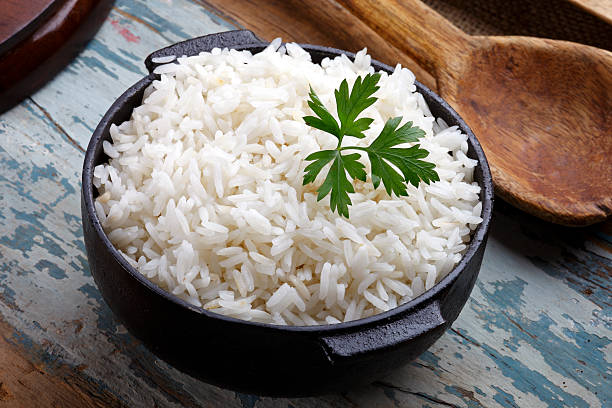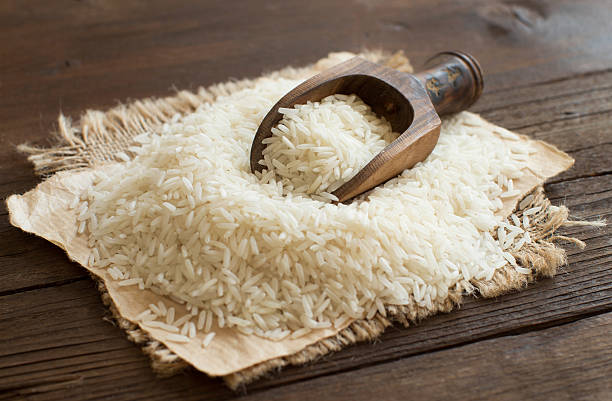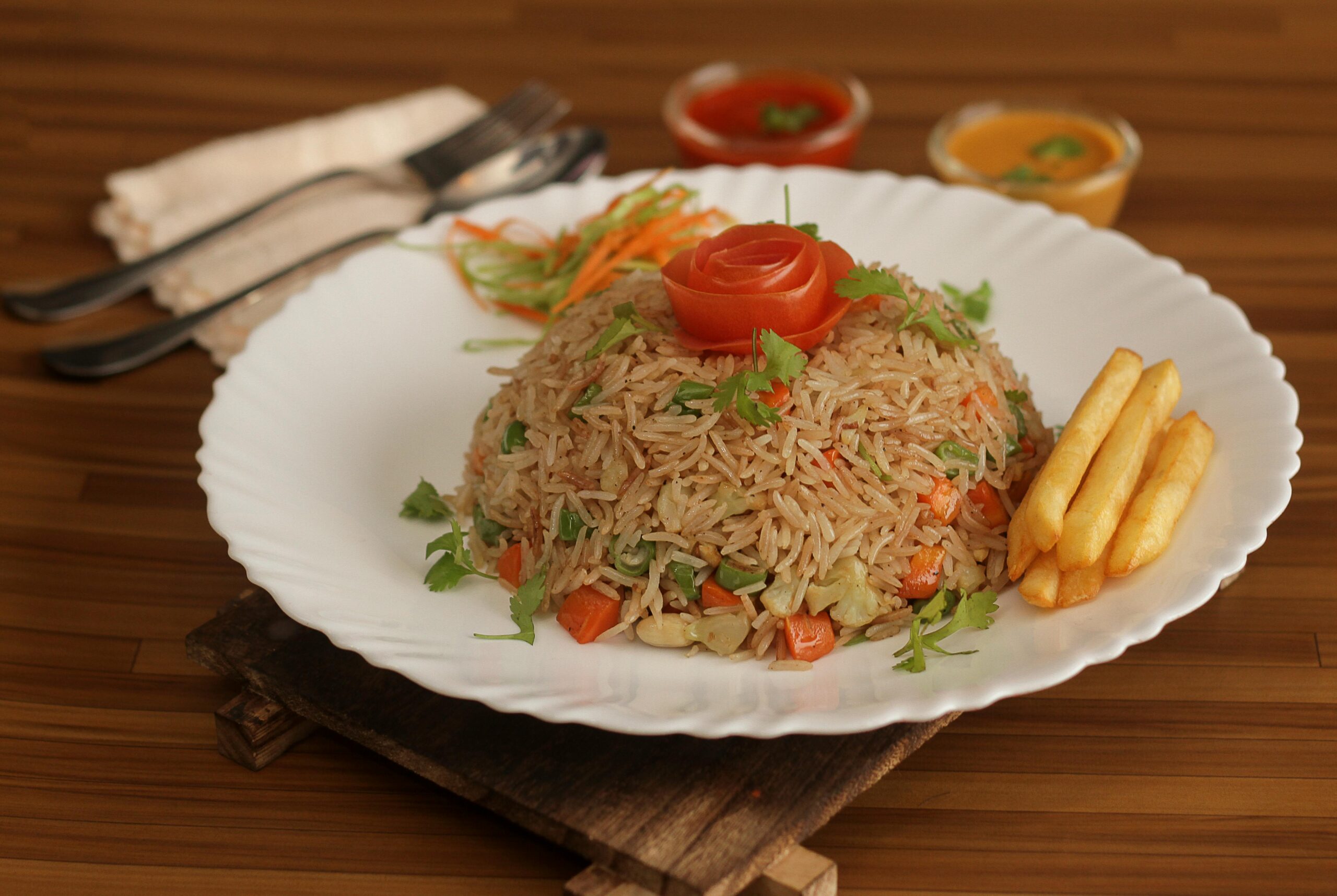Basmati rice is not only a popular choice for its fragrant aroma and fluffy texture but also boasts impressive basmati rice nutrition facts that make it a healthy addition to any meal. Known for its long grains and distinct flavor, basmati rice is grown primarily in India and Pakistan, and it has become a staple in many cuisines worldwide. While it’s often served as a side dish or as part of a curry, basmati rice nutrition facts reveal that this rice offers more than just taste—it also provides a range of essential nutrients that can contribute to a balanced diet.
Table of Contents
Macronutrient Profile
One of the key reasons people opt for basmati rice is its relatively low glycemic index compared to other types of rice, such as white rice. The glycemic index (GI) measures how quickly food raises blood sugar levels. Basmati rice has a GI score that typically ranges from 50 to 58, which is considered low to medium. This makes it a more diabetic-friendly option, helping to stabilize blood sugar levels. In terms of basmati rice nutrition facts, a typical serving of cooked basmati rice (about one cup or 158 grams) contains around 190 calories, 4 grams of protein, and less than 1 gram of fat. Additionally, it provides 40 grams of carbohydrates, including 1 gram of dietary fiber.

Essential Vitamins and Minerals
Though basmati rice nutrition facts emphasize its role as a carbohydrate-rich food, it also provides several important vitamins and minerals. For instance, basmati rice is a good source of B-vitamins, particularly niacin (vitamin B3) and thiamine (vitamin B1), which play a vital role in energy production and maintaining a healthy nervous system. It also contains small amounts of iron and magnesium, essential minerals for overall health. Magnesium supports muscle and nerve function, while iron is crucial for transporting oxygen in the blood. These nutrients, combined with its high carbohydrate content, make basmati rice an excellent source of energy.
A Gluten-Free Option
Another appealing aspect of basmati rice is its gluten-free nature. For individuals with gluten sensitivities or those who follow a gluten-free diet, basmati rice offers a safe and versatile option. Basmati rice nutrition facts highlight this benefit, as it provides a healthy, satisfying carbohydrate source without the gluten found in wheat and other grains. Whether you’re making a stir-fry, pilaf, or rice pudding, basmati rice serves as an excellent base for a wide range of gluten-free meals.
Aromatic and Flavorful
What sets basmati rice apart from other varieties is its unique fragrance and nutty flavor. The rice’s distinctive aroma comes from a natural compound called 2-acetyl-1-pyrroline, which is responsible for its pleasant scent. This characteristic makes basmati rice a popular choice for enhancing the taste of various dishes. While some rice types may have a bland flavor, basmati rice adds a rich, aromatic profile that pairs well with curries, stews, and grilled meats. As an added bonus, this variety of rice has a lower amylose content compared to sticky rice, resulting in less starch and a less clumpy texture when cooked.

Brown vs. White Basmati Rice
When it comes to basmati rice nutrition facts, it’s important to consider the difference between white and brown basmati rice. While both types offer similar calorie counts, brown basmati rice retains its bran layer, making it a more nutrient-dense option. Brown basmati rice has more fiber, which aids digestion and helps maintain a feeling of fullness for longer periods. The fiber in brown basmati rice also helps regulate blood sugar levels more effectively than white rice. Additionally, brown basmati rice contains more vitamins and minerals, such as magnesium, phosphorus, and zinc.
Conclusion
In summary, basmati rice nutrition facts demonstrate that it is a versatile, flavorful, and nutritious food choice. Whether you choose white or brown basmati rice, this aromatic grain provides essential nutrients such as protein, fiber, B-vitamins, and minerals, while offering a low glycemic index for better blood sugar control. Its gluten-free nature makes it an excellent option for those with dietary restrictions, and its rich flavor enhances a variety of dishes. By incorporating basmati rice into your diet, you can enjoy both its taste and health benefits.
FAQs
What are the Basmati rice nutrition facts?
Basmati rice nutrition facts reveal that it is a highly nutritious grain, particularly when consumed in its whole grain form (brown Basmati rice). A typical serving of white Basmati rice (1/4 cup, uncooked) contains approximately 150 calories, 3 grams of protein, 0 grams of fat, and 0 grams of sugar. Brown Basmati rice offers more fiber and additional vitamins due to its unrefined state. It’s also rich in complex carbohydrates, which provide a steady source of energy.
Is Basmati rice a good source of protein?
While Basmati rice nutrition facts show it contains some protein, with about 3 grams per 1/4 cup uncooked serving, it is not considered a high-protein food. However, Basmati rice is an excellent carbohydrate source, and when paired with a protein-rich dish like legumes, chicken, or tofu, it forms a balanced and nutritious meal.
Does Basmati rice contain any fat?
No, Basmati rice nutrition facts show that both white and brown Basmati rice are virtually fat-free. A serving of white Basmati rice typically contains 0 grams of fat, making it a lean carbohydrate option. It’s a suitable choice for people looking to reduce their fat intake while still enjoying a filling, energy-dense food.

